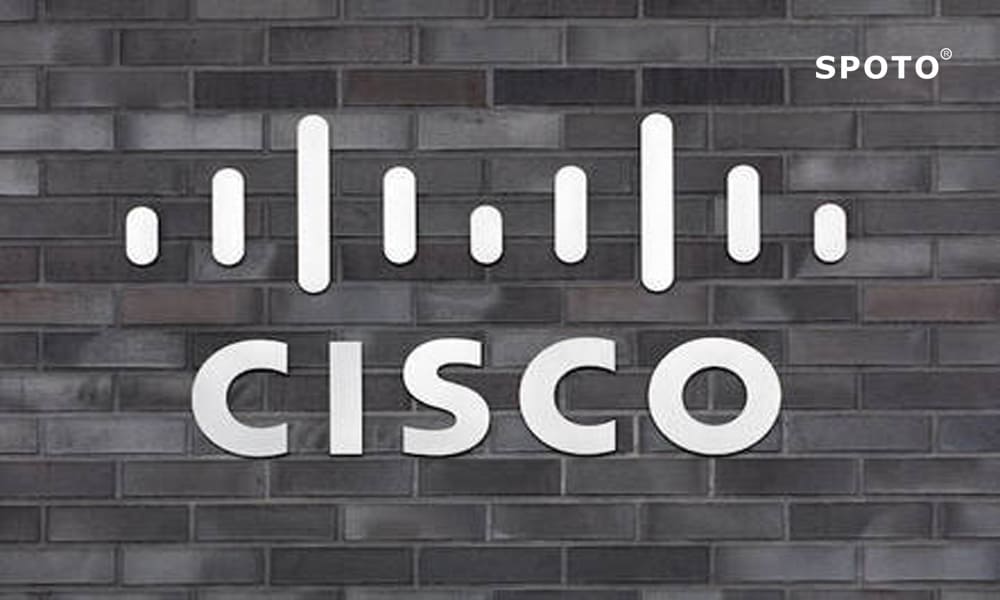How To Study CCNA Collaboration?

Table of Contents
The Cisco Certified Network Associate (CCNA) Collaboration certification is a valuable credential for IT professionals seeking to validate their skills in implementing and managing Cisco's collaboration solutions. As the demand for seamless communication and collaboration tools continues to rise, mastering Cisco's collaboration technologies can open up exciting career opportunities.
What is the CCNA Collaboration Certification?
The CCNA Collaboration certification blends networking, voice, and video skills, representing a merger of three previously separate certification pathways: Routing and Switching, Video, and Voice. This certification is designed for IT professionals specialized in IP telephony, video engineering, and networking.
Exam Requirements and Prerequisites
To earn the CCNA Collaboration certification, candidates must pass two exams:
- Cisco CCNA Collaboration 210-060 CICD Examination
- Cisco CCNA Collaboration 210-065 Examination
For training purposes, the 210-065 exam is divided into two modules:
- Module 1 - CIVND1
- Module 2 - CIVND2
While there are no formal prerequisites for the CCNA Collaboration certification, Cisco recommends having some experience in networking, VoIP, video conferencing, and teleconferencing technologies.
Preparing for the CCNA Collaboration Exams
To increase your chances of success, it's essential to follow a structured study plan and leverage high-quality training resources. Here are some effective strategies to prepare for the CCNA Collaboration exams:
- Enroll in a reputable training program: Consider enrolling in a comprehensive training program offered by Cisco Learning Partners or experienced training providers like SPOTO. These programs provide instructor-led training, hands-on labs, and study materials tailored to the exam objectives.
- Utilize official Cisco resources: Cisco offers a wealth of study resources, including self-study guides, practice exams, and e-learning courses. Familiarize yourself with these resources to gain a deep understanding of the exam topics.
- Join online study groups: Participate in online forums and study groups dedicated to the CCNA Collaboration certification. Engaging with fellow learners can provide valuable insights, study tips, and opportunities to discuss challenging concepts.
- Practice with lab environments: Hands-on experience is crucial for mastering collaboration technologies. Utilize virtual lab environments or physical lab setups to practice configuring, troubleshooting, and optimizing Cisco collaboration solutions.
Career Opportunities and Earning Potential
Earning the CCNA Collaboration certification can open doors to various rewarding career paths, including:
- Network Video Administrator
- IP Network Engineer
- Collaboration Tools Engineer
- Voice/IP Telephony (VoIP) Engineer
- Unified Communications (UC) Engineer
- Communications Engineer
According to industry reports, professionals with a CCNA Collaboration certification can earn an average salary of $85,000, with a range of $40,614 to $124,711, depending on experience and job role.
Recertification and Continuing Education
Cisco Associate-level certifications, including CCNA Collaboration, are valid for three years from the date of certification. To maintain their certification, professionals can recertify by passing any Cisco 642-XXX or 300-XXX exam, a CCIE written exam, a CCDE practical or written exam, or the CCAr interview and board review.
In today's fast-paced technology landscape, collaboration technologies play a critical role in enabling seamless communication and productivity. By earning the CCNA Collaboration certification, you'll demonstrate your commitment to professional development and your ability to support the technologies that drive modern workplaces. With the right preparation and dedication, you can conquer the CCNA Collaboration certification and unlock exciting career opportunities in this dynamic field.
- Discovering The Impact Of AI In The Data Center
- Which cloud certification is best?
- How to choose a trusted training institute for your Cisco certification exam?
- Unveiling the Potential of Cisco CCNA Certification for Networking Careers
- Navigating the CCNA Examination: The Challenges, Success Rates, and Renewability